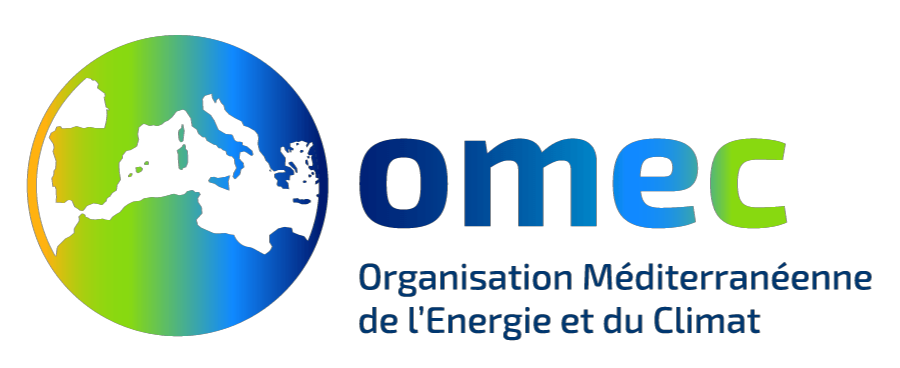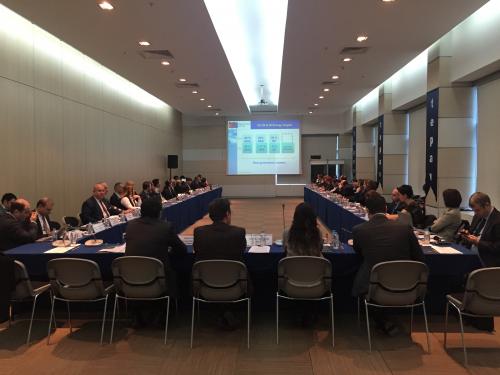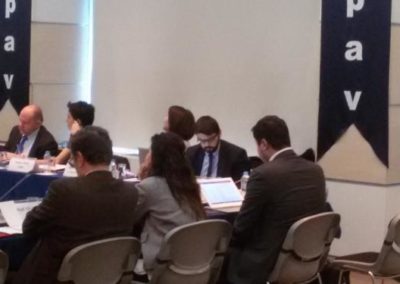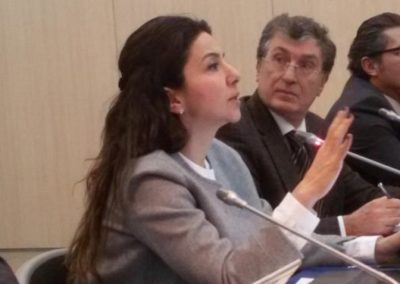Ensuring Transparency and Accountability in the Energy Sector
Good governance in the energy sector is crucial for the success of the EU-Turkey energy dialogue because the collaboration between states is often difficult to achieve amid divergent energy policy paths. This was one of the main conclusions from the third workshop of the EU-TR Dialogue for Energy in the Black Sea Region project, which was organized in Ankara on January 23 by the Economic Policy Research Foundation of Turkey (TEPAV), the Sofia-based Center for the Study of Democracy (CSD), the Mediterranean Energy Observatory (OME) and the Turkish Oil and Gas Association (PETFORM). Leading Turkish and EU energy experts, CSOs, policy makers and business representatives joined the workshop to discuss different policy options for overcoming entrenched governance deficits impeding the Turkish integration in the EU internal energy market and the overcoming of energy security risks.
The workshop consisted of two sessions focusing on the Integration of Turkey with the Energy Union Governance Framework and Developing Energy Governance in Turkey. Among the speakers were leading Turkish policy-makers, business leaders and representatives of the civil society organizations to debate and contribute to promoting the energy security and good governance dialogue between the EU and Turkey. The European Commission was represented by Hasan Özkoc, Energy Sector Manager, EU Delegation to Turkey, while Barış Sanlı, who is an adviser to the Undersecretary at the Ministry of Energy and Natural Resources, presented the Turkish position in the talks.
The speakers in the first session focused on the common energy challenges facing Turkey and the EU including their excessive dependence on energy imports and the struggle to design an efficient regulatory framework to enable energy flows from the East to West on competitive basis. Despite the number of common policy areas being pursued, what the EU-Turkey energy dialogue lacks is the political will to integrate better their energy markets through a transparent and open policy process. Due to the fear of a major gas supply cut in Eastern Europe, provoked by a Russian-Ukrainian dispute, the European Commission has identified Turkey as an “essential strategic partner” for energy security. Turkey declared its intention to take this position, meaning to act as an energy hub while simultaneously covering its own growing demand. However, it is still uncertain if and to what extend Turkey can live up to this self-established claim.
More specifically on governance issues, Mr. Sanli pointed out that the Turkish government had been struggling to fulfill the energy acquis in the natural gas sector, which is in stark contrast to the already well-advanced electricity sector reform and integration within European market. Lack of data and asymmetric information in the energy sector between different stakeholders were identified as two important impairing factors in improving Turkey’s energy governance. The speakers in the second panel also agreed that nepotism and favouritism are big impediments to driving forward key reform bills. This often results in political appointments of non-qualified people to key positions in government institutions that would than replace expertise with personal connections. In addition, the decision-making of the energy regulator, EMRA, remains non-transparent producing inconsistent regulations that may favor certain private interests instead of the national one.



